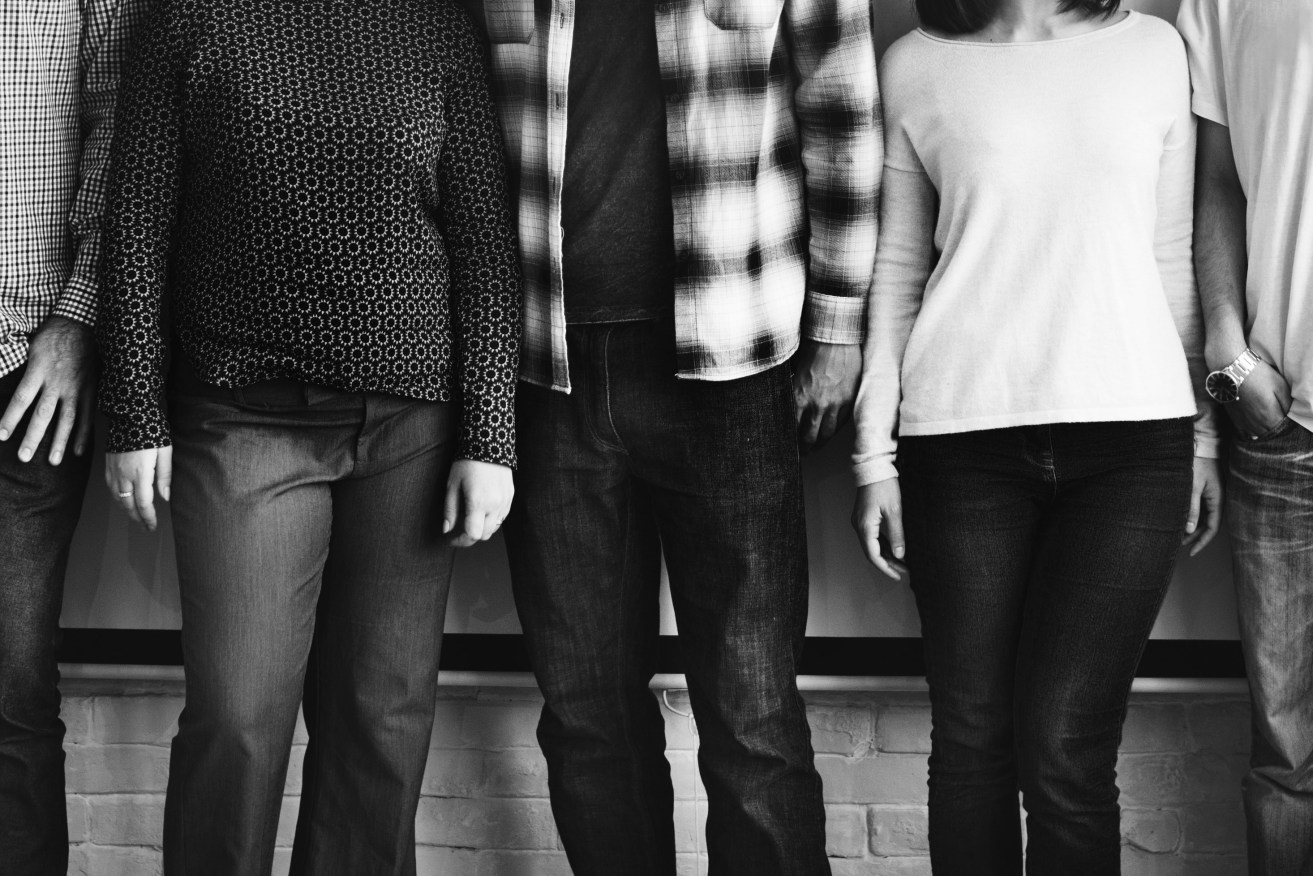A new approach to preventing suicide in Australia
People who have experienced suicidal ideation can make a powerful contribution to helping others regain control and hope in their lives.

Suicide remains the leading cause of death for Australians aged between 15 and 44 and it has been like this for some time. Prevention efforts are having a low and slow impact so is it time we start shifting the way we look at it?
Australia sees suicide as ‘the problem’, however, the problem for those with suicidal ideation is the distress they are experiencing, not the action they are thinking of taking. For them, suicide becomes ‘the solution’ so we need to help them find better solutions, but unfortunately, our system’s way of responding is not necessarily offering them what they need.
People with suicidal ideation often report that the response by clinicians and others is based on good intentions. However, in its rush to take care of the person at risk, our system does not encourage listening. Instead, it removes a person’s ability to make their own decisions, sometimes locking them in a secure unit, almost treating them as though they are incapable of making any rational decisions at all.
Those who have had this experience report they no longer talk about their thoughts or feelings about suicide because they do not want that experience again. But this does not necessarily mean they have stopped thinking about suicide.
So then what is ‘the solution’?
Australia needs to adopt a “life promotion” approach like that of the First Nations in Canada. This approach focuses on what increases wellbeing and helps alleviate distress – the focus is on helping people move forward and take more control of their lives. An approach called “Alternatives to Suicide” can offer an opportunity for people to share their thoughts and experiences in a safe and nonjudgmental environment.
Alternatives to Suicide groups are attended by people who have made attempts or have suicidal ideation. They attend these groups because they are non-clinical, ensuring people feel safe to speak openly about their thoughts and feelings. They are not being risk assessed or judged – instead, they are in a group which listens to them.
There is only token recognition of the role of the lived experience or peers in suicide intervention in Australia so the system will take some time to accept this approach.
The groups are facilitated by two people who have a lived experience of suicide and have been trained in the Alternatives to Suicide approach. The groups run for approximately 90 minutes and are held in the community rather than clinical settings. Clinicians are also not involved unless they are a participant who has a lived experience.
This approach faces significant challenges in Australia because it places the power of decision-making in the hands of the individual rather than the system, the professionals and researchers. It is not intended to replace what currently exists but instead complement existing services. It relies on the belief that a person with a lived experience can make decisions for themselves which can be life-promoting.
There is only token recognition of the role of the lived experience or peers in suicide intervention in Australia so the system will take some time to accept this approach. However, there is a considerable amount of evidence of the value of peer support across many fields including mental health and in its value in suicide intervention.
This approach was developed by the Western Massachusetts Recovery Learning Community (USA), which is a peer-run organisation that provides mental health support and training programs. MercyCare in Western Australia has brought their staff to WA two years in succession to introduce this important approach to Australia in an effort to help break the cycle of distress that leads to suicide.
If we just listen more closely to the distress and walk alongside individuals, they are more likely to gain more control and hope in their lives.
Lyn Millett is the Executive Director of Perth’s MercyCare Family and Community Services.
This is one of a series of articles published by InDaily this week in conjunction with the Mental Health Services Conference – an annual national event that challenges our current knowledge and ideas about mental health care and the systems that operate within it. Read the other stories here.
For support call Lifeline – 13 11 14 – or the Suicide Call Back Service – 1300 659 467




